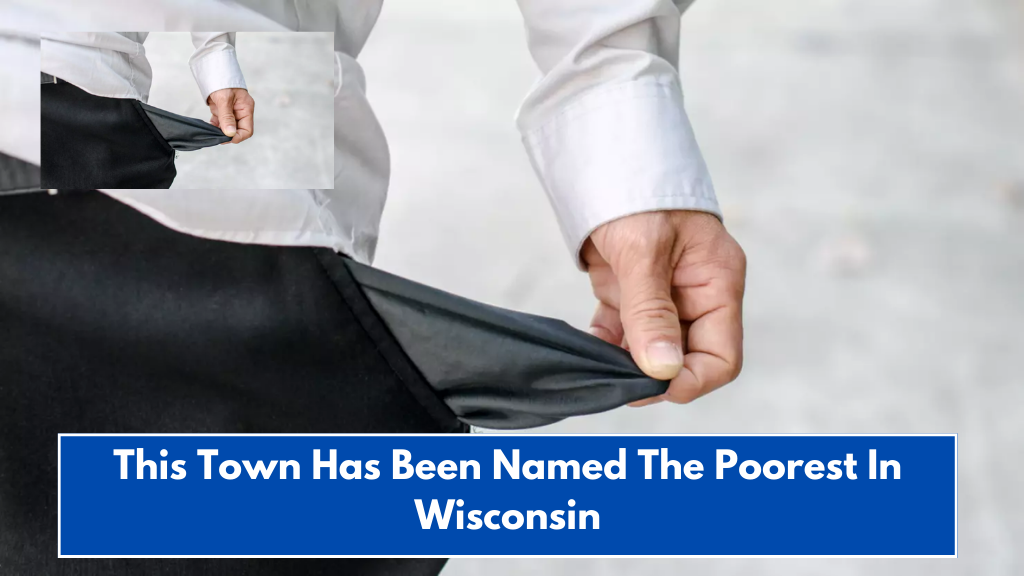You might have read about the richest small towns or the cheapest places to buy a house in Wisconsin. But what about the places that aren’t doing as well financially? A new study looked at the poorest towns across the United States — and for Wisconsin, the title goes to Lac du Flambeau.
How the Poorest Towns Were Chosen
The site 24/7 Wall St. put together a list of the poorest towns in each state based on income and other money-related facts. They found towns where the typical household income was much lower than the national average. While most American families earn over $69,000 a year, many of these towns had household incomes between just $9,100 and $43,800.
Lac du Flambeau’s Economic Numbers
Lac du Flambeau, located in northern Wisconsin, has about 1,800 people living there. The median household income is only $26,076 — much lower than Wisconsin’s state average of $67,080.
Homes are cheaper there too. The median home value in Lac du Flambeau is $77,500 compared to the state’s average home price of $200,400.
Another number that stands out: about 18.1% of families in Lac du Flambeau receive help through SNAP benefits (commonly called food stamps), showing that many residents need extra assistance to afford groceries.
What Life Is Like in Lac du Flambeau
Despite the financial struggles, Lac du Flambeau is known for its strong community and rich Native American history, especially as home to the Lac du Flambeau Band of Lake Superior Chippewa Indians. The area is surrounded by beautiful lakes and forests, making it a popular spot for fishing, camping, and outdoor activities.
However, like many small rural towns, job opportunities are limited, and lower wages make it hard for families to get ahead financially.
While Lac du Flambeau faces economic challenges, it’s important to remember that every town has its own strengths and stories. Studies like this highlight the need for better job opportunities, education, and community support in smaller towns across Wisconsin and the country. Even places with lower incomes still have rich cultures, deep histories, and tight-knit communities that make them special.















Isn’t there a large Indian casino there that follows different reporting rules for tribal members due to their sovereign nation status?